Europeans reveal who they wish was in the White House
- 2019-02-16 23:22:48


 Pierre Rayer: Art, Science, and Happiness: The Universal Mission of Transmission to Future Generations through Patronage at the Louvre Abu Dhabi
Pierre Rayer: Art, Science, and Happiness: The Universal Mission of Transmission to Future Generations through Patronage at the Louvre Abu Dhabi Ahly crowned Super champions after dramatic extra-time win over Modern Future FC
Ahly crowned Super champions after dramatic extra-time win over Modern Future FC Yemeni Honey..A Development Wealth Threatened By Conflict And Climate Change
Yemeni Honey..A Development Wealth Threatened By Conflict And Climate Change Central African rebels launch attacks near capital
Central African rebels launch attacks near capital California wildfires: Millions warned of possible power cut
California wildfires: Millions warned of possible power cut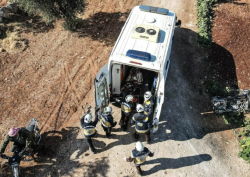 10 injured as pager devices explode in Syria capital: Reports
10 injured as pager devices explode in Syria capital: Reports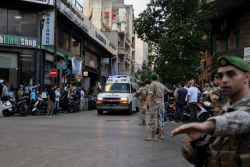 Lebanon’s wave of pager explosions is a message to Hezbollah
Lebanon’s wave of pager explosions is a message to Hezbollah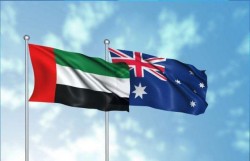 Australia reaches trade deal with UAE to boost agriculture exports, investment
Australia reaches trade deal with UAE to boost agriculture exports, investment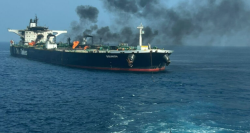 Sounion successfully towed away off Yemen
Sounion successfully towed away off Yemen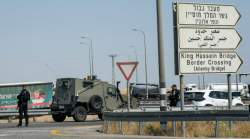 Gunman crossing from Jordan kills three Israelis at border
Gunman crossing from Jordan kills three Israelis at border
